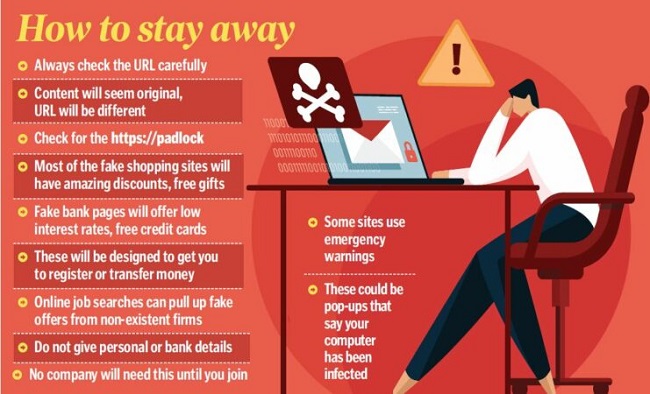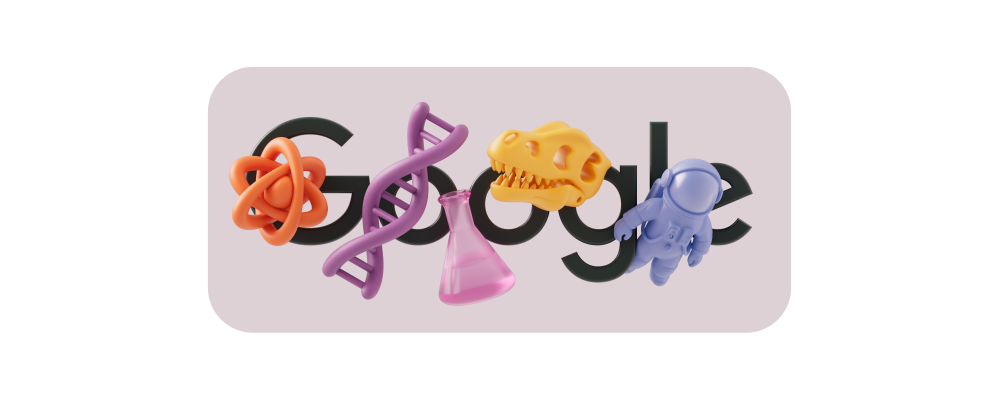Protect yourself from ‘pagejacking’ also called search engine phishing
Fri 26 Nov 2021, 07:53:19

Have you Heard of pagejacking? For the more technically literate, this is also called search engine phishing, and according to cyber security experts, is turning out to be increasingly common these days when more and more people are getting everything done online, from shopping to paying bills to booking tickets and applying for jobs.
Pagejacking, on which Indian cyber security agencies like CySecK (@CySecKCoE) and Cyber Dost (@Cyberdost), have been repeatedly tweeting awareness and precautionary material recently, is the process of illegally copying legitimate website content to another website designed to replicate the original website.
The intention is to illegally direct traffic from the original site to the cloned web pages. Pagejackers, according to internet security experts, rely on search engines to index bogus site content to enable search result ranking and display with the original site.
Users are deceived into believing that a bogus website is actually the one they are trying to find, as they
browse the jacked site, are usually directed to unwanted websites, such as pornographic sites, or tricked in multiple ways into parting with sensitive personal data like bank account details and so on.
browse the jacked site, are usually directed to unwanted websites, such as pornographic sites, or tricked in multiple ways into parting with sensitive personal data like bank account details and so on.
“Some of these sites can contain potentially dangerous content that hackers could use to compromise your system,” according to an awareness post from CySeck, which also says that sometimes clicking on advertisements on social media, on what seems to be an ad of a popular e-commerce site, could lead to the fake page, which might look very similar to the original, but with a different URL.
Pagejackers also use mousetrapping, a technique that forces the victim to stay on a particular website, with new browser windows with the same URL popping up. Sometimes, the only way of leaving the trap is by pressing Ctrl+Alt+Delete or by restarting the system.

No Comments For This Post, Be first to write a Comment.
Most viewed from General
Most viewed from World
AIMIM News
Latest Urdu News
Most Viewed
May 26, 2020
Who will win The 2025 ICC Women's Cricket World Cup?
Latest Videos View All
Like Us
Home
About Us
Advertise With Us
All Polls
Epaper Archives
Privacy Policy
Contact Us
Download Etemaad App
© 2025 Etemaad Daily News, All Rights Reserved.











.jpg)
.jpg)
.jpg)
.jpg)
.jpg)
.jpg)
.jpg)
.jpg)
.jpg)
.jpg)
.jpg)
.jpg)












.jpg)
.jpg)
.jpg)


